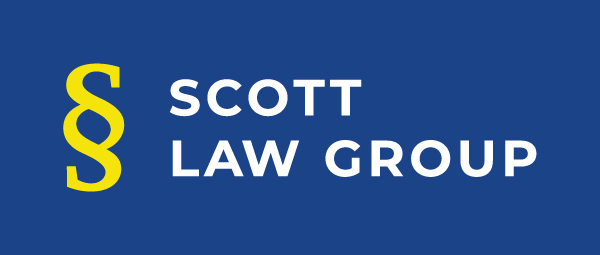By: Kira Berkeley
This year we are seeing legislative changes at all levels of government with the common goal of tackling the housing and homelessness crisis:
Federal: Prohibition on the Purchase of Residential Property by Non-Canadians Act
Effective January 1, 2023, for a period of two years, non-Canadian residents are prohibited from purchasing residential property in Canada in an effort to make homes more affordable for those living in Canada. The Act makes it an offence to counsel, induce, aid or abet a non-Canadian in purchasing a residential property, with a fine of up to $10,000. As such, lawyers, real estate agents, and mortgage brokers must inquire and investigate the residency status of their clients wishing to purchase real estate, to avoid exposure to offences under this act.
Provincial: More Homes Built Faster Act
At the end of 2022, this Act came into force in Ontario for the purposes of increasing the housing supply with a goal of adding 1.5 million new homes in Ontario by 2031. To achieve this, the Act amends various other Acts such as reducing restrictions and bureaucratic processes on building homes under the Planning Act and strengthening protections for homebuyers against unethical developers by increasing fines under the New Home Construction Licensing Act for unfairly terminating purchase agreements and/or unfairly cancelling projects.
Municipal: Vacant Unit Tax By-laws
The City of Ottawa and the City of Toronto have passed by-laws effective as of January 1, 2023 requiring residential homeowners to annually declare the occupancy status of their properties. Properties deemed vacant (i.e., unoccupied for more than 184 days of the previous year) will be subject to a tax of 1% of the current assessed value of the property. In 2024, a similar tax is planned to commence in the City of Hamilton.
With each level of government implementing a different tactic to tackle the housing and homelessness crisis, only time will tell if they will achieve their anticipated outcome.

